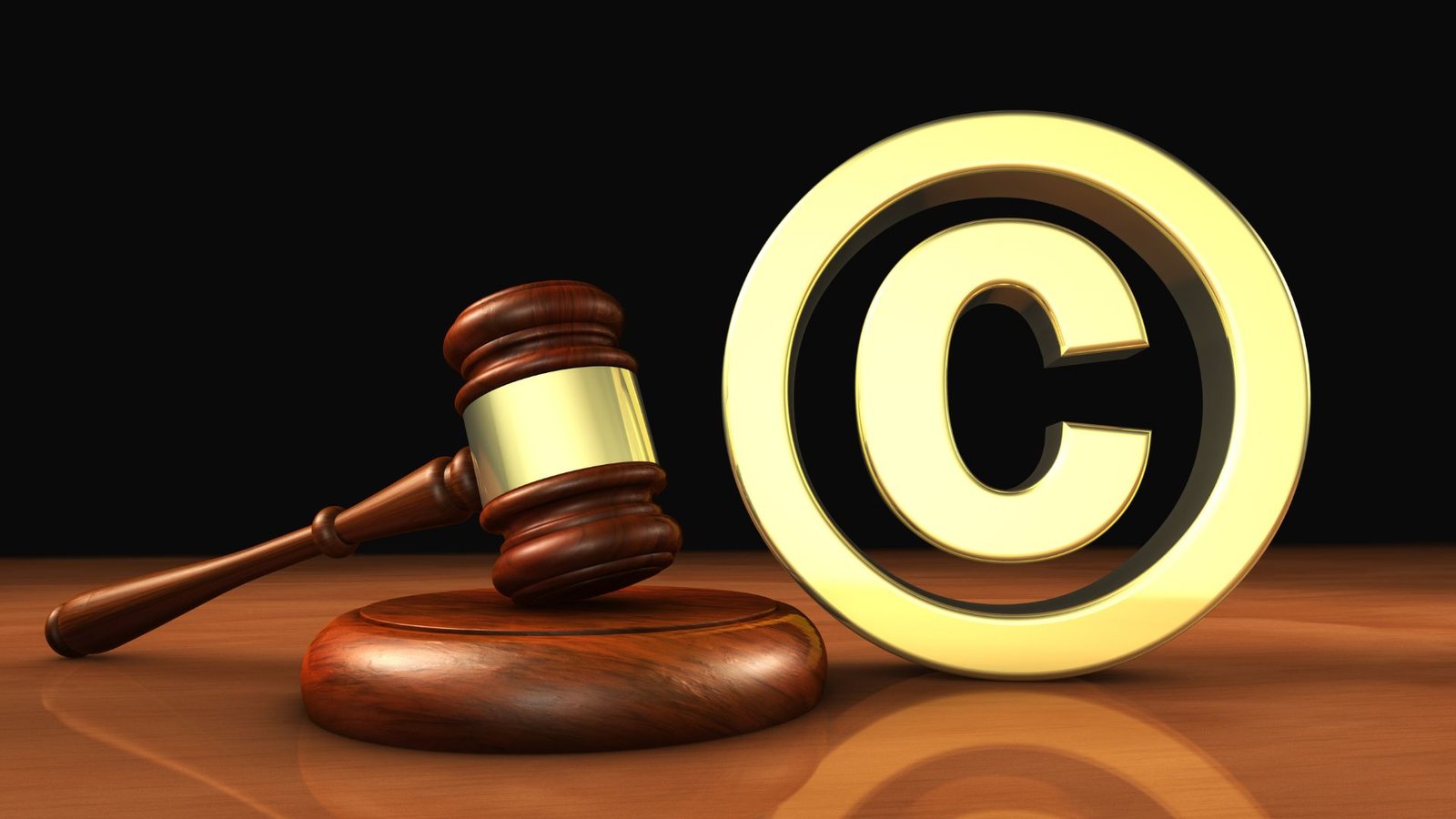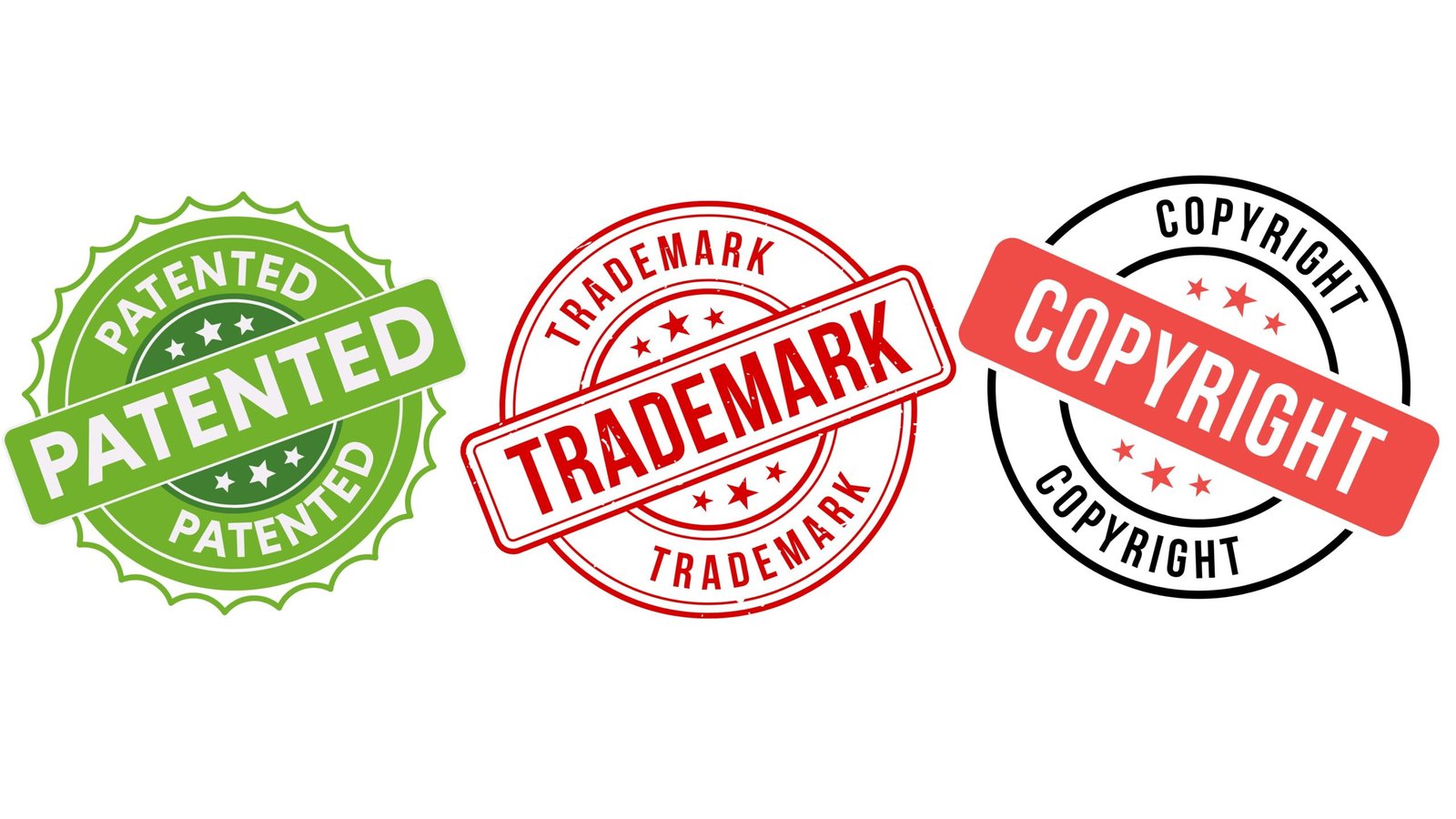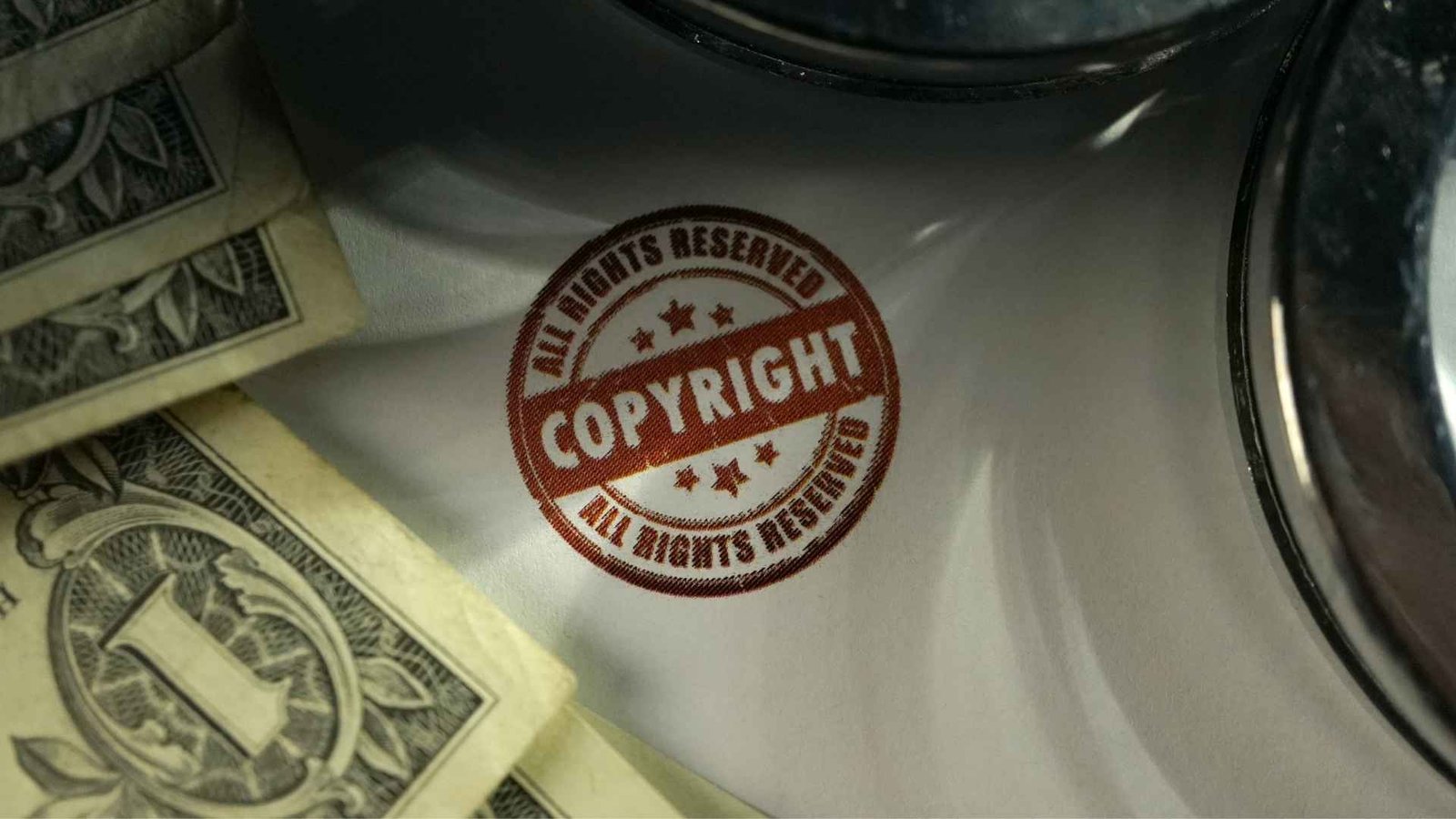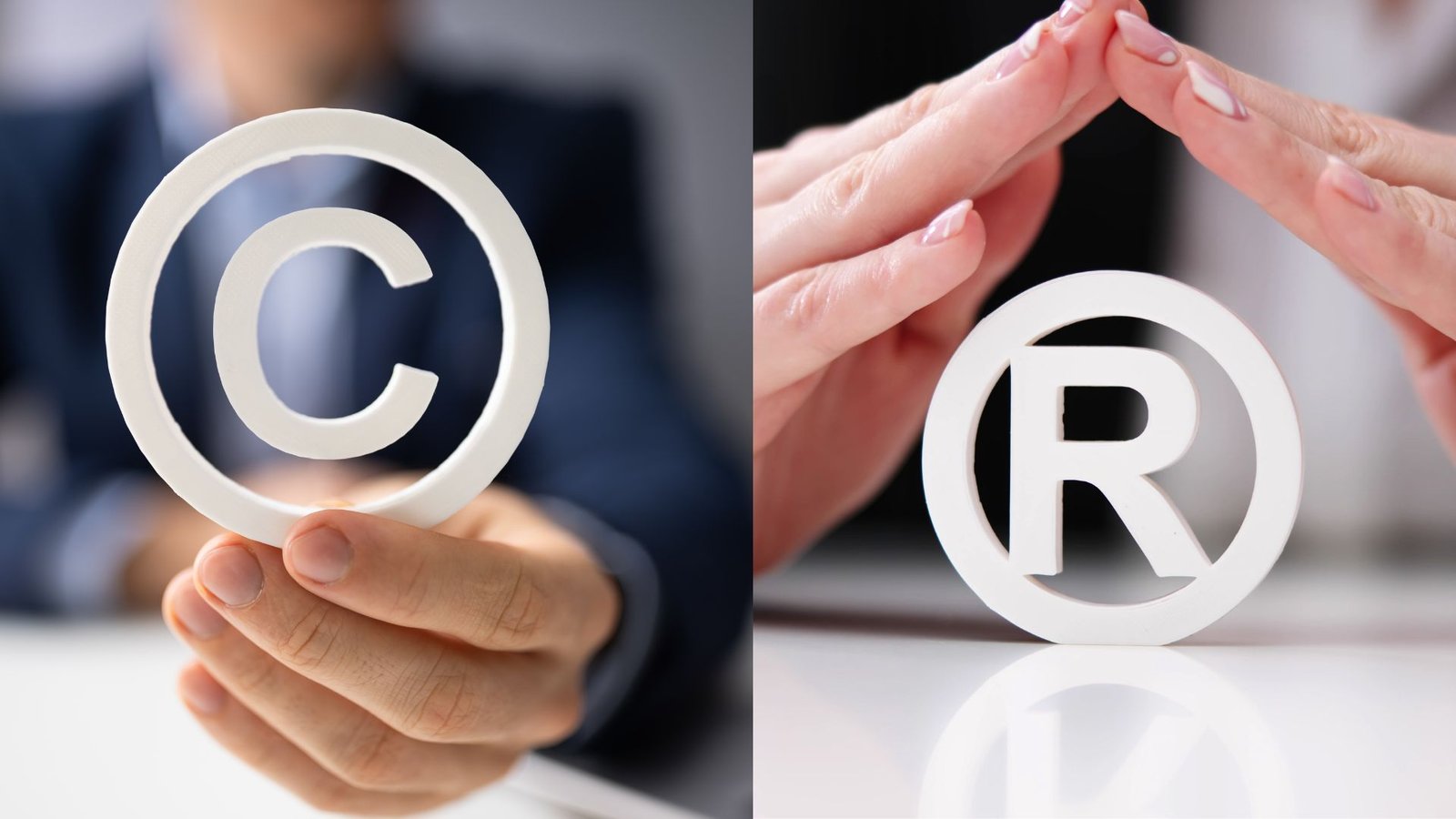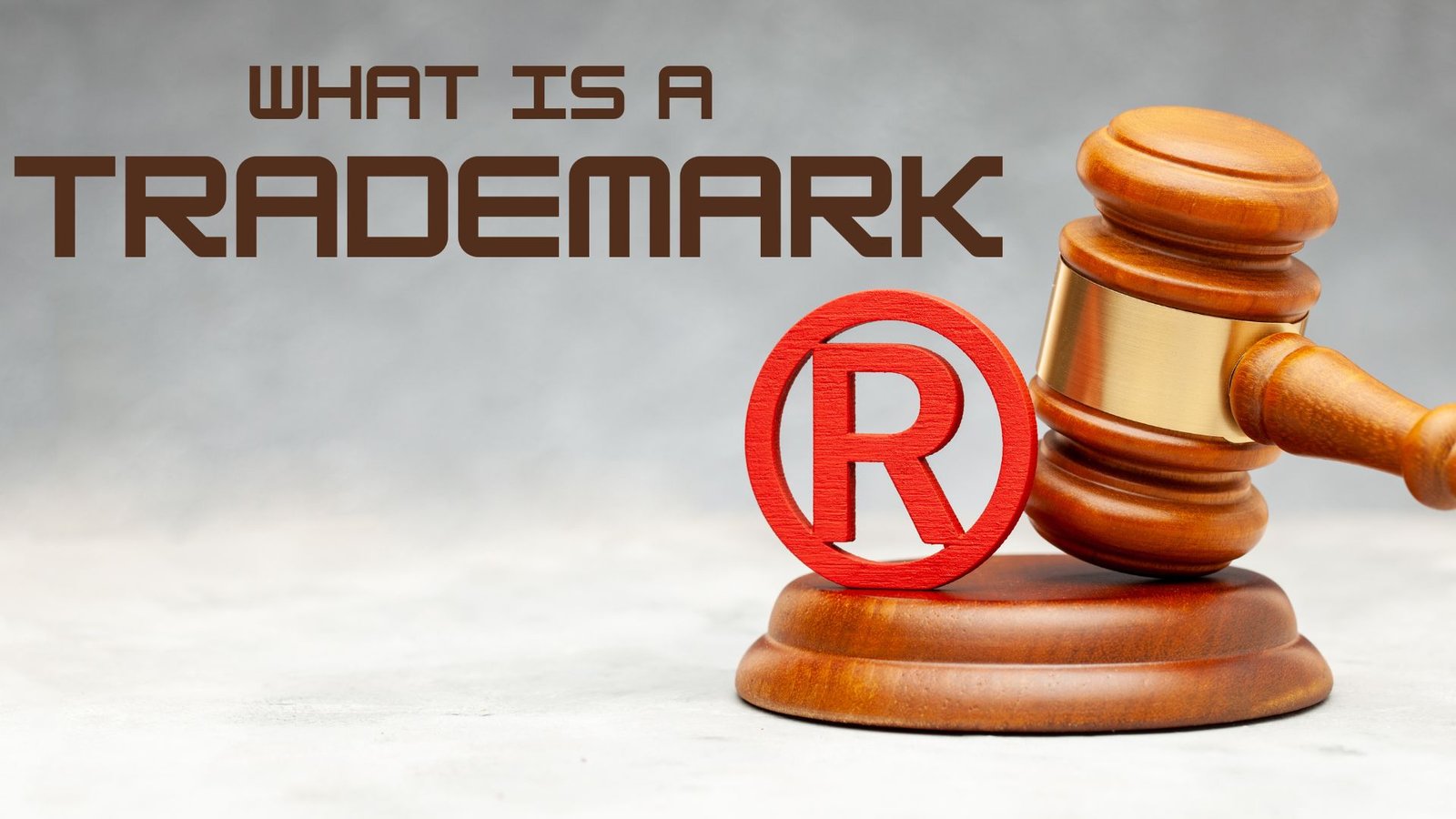On this page you will read detailed information about Copyright Registration in the United States.
As an author or creator, protecting your intellectual property should be a top priority. Registering your work with the U.S. Copyright Office is one of the first steps you should take to establish ownership of your creative work. The copyright registration process can seem complicated, but breaking it down into a few basic steps can help make it more manageable. By registering your work, you gain additional benefits and protections under copyright law. This article will walk you through the key steps to register your copyright, outline the benefits of registration, and provide tips for ensuring your application is processed as efficiently as possible. With the right information and preparation, you can feel confident registering your work and gaining the peace of mind that comes with official copyright protection.
What Is a Copyright?
A copyright is a form of legal protection provided to the authors of original works, giving them exclusive rights to their creative works for a certain time period. Copyrights protect original works of authorship, including literary, dramatic, musical, and artistic works.
To register a copyright in the U.S., you must submit an application to the U.S. Copyright Office, which is part of the Library of Congress. Registration is not required to obtain a copyright, but it does provide legal benefits. Registering your work establishes a public record of your copyright claim and allows you to pursue legal claims against infringers.
What Works Can Be Copyrighted?
Copyright protection extends to original works of authorship fixed in a tangible medium of expression. This includes:
- Literary works: books, articles, poems, etc.
- Musical works: compositions, lyrics, etc.
- Dramatic works: plays, screenplays, scripts, etc.
- Pictorial, graphic, and sculptural works: photographs, paintings, drawings, sculptures, etc.
- Motion pictures and other audiovisual works: movies, documentaries, podcasts, etc.
- Sound recordings: albums, songs, audiobooks, podcasts, etc.
- Architectural works: building designs, models, etc.
Ideas, procedures, methods, systems, processes, concepts, principles, or discoveries alone are not copyrightable. Names, titles, and short phrases also do not qualify for copyright protection.
How to Register a Copyright
To register a copyright, you must submit an application, filing fee, and copy or copies of your work to the U.S. Copyright Office. You can apply online, by mail, or in person. The registration process typically takes 3 to 8 months to complete. Once registered, your work will be listed in the Copyright Office’s online records database. Registration also allows you to legally enforce your copyright and pursue claims against infringers in federal court.
In summary, copyright registration in the U.S. establishes your legal rights as the author or creator of an original work. While not required, registration provides benefits that make it worthwhile for most copyright holders. By understanding what works can be copyrighted and how to properly register your copyright, you can gain valuable legal protections for your creative works.
Why Register a Copyright?
Registering a copyright in the United States provides several benefits to creators and owners of original works. As an author or artist, registering your copyright helps to establish and protect your legal rights.
Establish Legal Ownership
Officially registering your copyright with the U.S. Copyright Office allows you to have a public record establishing your ownership of the work. This can be important if there is ever a legal dispute over who created the work or who holds the rights to it. Registration also allows you to sue for copyright infringement, and you may be eligible for statutory damages and attorney’s fees.
Protect Your Rights
Once registered, your copyright is on public record, deterring others from copying or distributing your work without permission. Registration also allows you to file a lawsuit in federal court to stop unauthorized use of your work. You can recover damages and legal fees, and in some cases even seize infringing materials.
Additional Benefits
Copyright registration provides other benefits as well. It allows you to record the copyright with U.S. Customs and Border Protection to prevent importation of infringing copies. You can also license, sell or transfer your copyright more easily with an official registration. Some funding opportunities, publishing deals and distribution agreements may also require copyright registration as a condition.
In summary, copyright registration in the U.S. establishes your legal claim to a work, deters infringement, and provides remedies if your rights are violated. For most creators and copyright holders, the benefits of registration far outweigh the small filing fees. Protect your creative works and register your copyrights.
In the previous post, we had shared information about Artificial Intelligence Policy in the United States: Current Landscape and Future Outlook, so read that post also.
Eligibility Requirements for Copyright Registration
To be eligible for copyright registration in the United States, the work must meet certain requirements as outlined in the U.S. Copyright Act. The work must be an original work of authorship, fixed in a tangible medium of expression. The registration process is handled by the U.S. Copyright Office, a department of the Library of Congress.
Original works of authorship
The work must be independently created by the author, not copied from another source. It must possess a minimal degree of creativity to be considered an “original” work. This excludes works that are entirely factual or consist only of ideas that have been expressed previously. Examples of works that can be registered include:
- Literary works: fiction, nonfiction, poetry,etc.
- Musical works: compositions, lyrics, etc.
- Dramatic works: plays, scripts, etc.
- Pictorial, graphic and sculptural works: photographs, drawings, designs, etc.
- Motion pictures and other audiovisual works: films, documentaries, etc.
- Sound recordings: podcasts, audiobooks, songs, etc.
Fixed in a tangible medium
The work must be fixed in a format that can be perceived for more than a transitory duration. This includes works that are written down, recorded, filmed or saved in a digital file format. Works that are improvised or performed live do not meet this requirement.
Registration process
To register a copyright, you must submit an application, deposit copy(ies) of your work, and pay the required filing fees to the U.S. Copyright Office. The process can be completed online, by mail, or in person. Once the application is reviewed and approved, the Copyright Office will issue a certificate of registration. Registration provides legal benefits, but copyright protection exists from the moment the work is created in fixed form.
In summary, the basic eligibility requirements for copyright registration are that the work must be an original creation fixed in a tangible medium of expression. By understanding these prerequisites, you can properly register your work and gain the benefits of copyright protection under U.S. law.
How to Register a Copyright Online
Registering a copyright for your creative work in the United States provides several benefits. To register online, follow the steps below:
Prepare Your Work for Submission
Ensure your work is in a digital format, such as a Word doc, PDF, MP3, or JPEG. You will need to upload a copy of your work during the registration process. Make sure the file size does not exceed 5MB.
Create an Account
Go to copyright.gov and select “Register a Copyright”. Click “Registration” and then select “New User” to create an account. You will need to provide an email address and password. Your account allows you to save your work in progress and track the status of your registration.
Select the Type of Work
On the registration form, specify what type of work you want to register, such as a literary work (e.g. fiction, nonfiction), musical work (e.g. song, lyrics, instrumentals), dramatic work (e.g. screenplay, play, script), pictorial/graphic/sculptural work (e.g. photograph, map, painting), motion picture, or software.
Enter the Required Information
You will need to provide details about your work including the title, year of completion, and the author or creator. For a published work, enter the publication date and nation of first publication. You may also designate a year of creation if different from the year of completion.
Upload a Copy of Your Work
Upload a digital copy of your work. The file must be in a format such as PDF, MP3, MP4, JPG, or DOC. Ensure the file size does not exceed 5MB.
Pay the Registration Fee
The current fee for an online registration is $35. Pay by credit/debit card, electronic check, or Copyright Office deposit account.
Receive Your Certificate
If your application is complete and accepted, you will receive an email with your electronic registration certificate within 3 to 5 business days. Your work will also appear in the Copyright Office’s online public records database. Congratulations, your creative work is now officially registered and protected under U.S. copyright law!
Required Application Materials for Copyright Registration
To officially register your copyright, you will need to submit an application with the U.S. Copyright Office. The application materials you will need to provide include:
Application Form
You will need to fill out either Form TX (for nondramatic literary works), Form VA (for visual arts works), or Form PA (for performing arts works), depending on the type of work you want to register. These forms request information like the title of your work, the year it was created, and the name of the copyright claimant.
Deposit Copy
Along with your application, you must submit a deposit copy of your work. For literary works, submit one complete copy of the work. For visual arts, submit photographs or digital copies of the work. For films or audio recordings, submit copies in the appropriate format. The deposit copy must be identical to the work as first published or first produced.
Filing Fee
A nonrefundable filing fee must accompany your application. Fees range from $45 to $85 depending on the type of work and method of submission. Fees can be paid online, by check, or by money order payable to the U.S. Copyright Office.
Additional Material (Optional)
You may need to provide additional materials to register certain types of works. For example, registering a computer program may require submitting source code. Registering an architectural work may require blueprints or drawings. The additional materials must also be identical to what was first published or first produced.
Following these steps and submitting the necessary application materials, including forms, deposit copies, fees, and any additional materials needed for your specific work, will allow you to officially register your copyright with the U.S. Copyright Office. Registration provides legal benefits like the ability to sue for infringement and statutory damages. Be sure to register your work within 5 years of first publication to take advantage of all benefits.
Copyright Registration Fees
Registering your creative work with the U.S. Copyright Office is essential to legally protecting your rights as an author or creator. Copyright registration fees depend on the type of work being registered and when it was created.
Registration Fees
Registration fees must be paid at the time of submitting an application. Fees can be paid online, by mail, or in person at the Copyright Office. The basic registration fee for an original work created in 2021 is $45. This applies to literary works, visual arts works, performing arts works, motion pictures, sound recordings, and single serials. Registering a group of short works, like a collection of poems or short stories, also costs $45.
For works created before 1978 but not yet registered, the fee is $65. This also applies to works that were registered previously but require a supplementary registration to add additional authors or claim additional rights.
The fee for registering a group of unpublished works is $45 per submission, with a maximum charge of $1,500 for a single group registration, regardless of the number of works included.
Other fees include:
- $85 for architectural works
- $220 for computer programs
- $500 for musical compositions with lyrics, pantomimes, choreographic works and audiovisual works running over 60 minutes
To avoid potential registration refusal, ensure the correct fee accompanies your application. Fees can be paid by check, money order, bank draft, or credit/debit card (MasterCard, VISA, American Express, and Discover). Checks and money orders should be made payable to the U.S. Copyright Office.
While the registration process may seem complicated, registering your work provides significant benefits. Don’t let the fees deter you from protecting your creative rights and giving your work the best chance for success.
Timeline for Copyright Registration Approval
Once you have created an original work of authorship fixed in a tangible medium of expression, you are eligible to register your copyright in the United States. The timeline for copyright registration approval typically takes between 3 to 5 months for standard registration. However, there are options to expedite the process.
Standard Registration
For standard registration, you will need to submit an application, deposit copy(ies) of your work, and pay the applicable filing fee. The U.S. Copyright Office will examine your materials to verify the work constitutes copyrightable subject matter and that the legal and formal requirements for registration have been met. If approved, the Office will register the claim and mail you a certificate of registration. This entire process usually takes between 3 to 5 months.
Expedited Registration Options
If needed, you may request faster registration options for an additional fee. These include:
- Priority Registration: Takes around 5 business days and costs an extra $800. Ideal if you need to enforce your rights quickly in court.
- Special Handling: Takes around 10 business days and costs an extra $200. Useful if you have a deadline for publication, exhibition, or distribution.
To request expedited registration, you must meet certain eligibility criteria and procedures. You will need to clearly request “priority registration” or “special handling” on your application, submit the correct filing fee, and may need to provide a justification for the expedited request. The Office aims to meet the stated processing times for expedited registrations, but cannot guarantee them.
In summary, while standard copyright registration in the U.S. typically takes 3 to 5 months, expedited options allow for faster approval within days or weeks for an additional fee. By following the proper application procedures and requirements, you can register your original work of authorship and gain the legal benefits of copyright protection.
Tips for a Smooth Copyright Registration Process
To register a copyright in the United States, follow these steps:
Prepare the necessary application materials
You will need to gather details about your creative work including the title, year of completion, and the author or creator. Be prepared to pay the required filing fee. The fees for copyright registration are:
- $45 for a basic claim
- $65 for a claim that includes a certification
Complete the appropriate copyright registration application
For most creative works, you will use:
- Form TX (for literary works, visual arts works, performing arts works, sound recordings, and motion pictures)
Complete all sections of the application accurately and legibly. Type or print clearly in dark ink. Attach additional sheets if needed.
Compile the deposit copies required
- Literary works: One complete copy of the work.
- Visual arts works: Visual reproductions of the work, such as photographs, digital scans, or photocopies.
- Performing arts works: The work in the form of sheet music, scripts, or recorded performances.
- Sound recordings: Two phonorecords of the work.
- Motion pictures: One copy of the work or identifying material.
Mail the application with deposit copies and filing fee
Send the completed application, required deposit copies, and filing fee to:
Library of Congress
U.S. Copyright Office
101 Independence Avenue SE
Washington, DC 20559-6000
Or register online at copyright.gov for an additional $35 fee.
Await notification from the Copyright Office
If your application is accepted, you will receive a certificate of registration indicating your work has been registered. The entire process typically takes 3 to 5 months. Registration establishes a public record of your copyright and allows you to enforce your rights in court.
Frequently Asked Questions About Copyright Registration
When registering a copyright in the U.S., you may have some questions about the process. Here are answers to some of the most frequently asked questions about copyright registration:
Registering your copyright with the U.S. Copyright Office provides several benefits. It establishes a public record of your claim to copyright, allows you to file lawsuits for copyright infringement, and entitles you to statutory damages and attorney’s fees if your copyright is infringed. Registration also allows you to record your copyright with the U.S. Customs and Border Protection to potentially block infringing imports.
Copyright registration is available for original works of authorship, including literary works, musical works, dramatic works, pantomimes and choreographic works, pictorial, graphic, and sculptural works, motion pictures and other audiovisual works, sound recordings, and architectural works. Ideas, procedures, methods, systems, processes, concepts, principles, discoveries, or devices, as distinguished from a description, explanation, or illustration, are not eligible for copyright registration.
You can apply to register a copyright through the U.S. Copyright Office’s electronic filing system or by mailing a paper application with the required deposit copies of your work and the filing fee. The application requires information such as the title of your work, the year of creation, the name of the creator(s), and the category of work. Review the application checklist to ensure you have included all required information and materials before submitting.
The current fees for registering a copyright are:
– $45 for an online application
– $65 for a paper application
– $35 for additional titles (if registering more than one work in the same application)
These fees are subject to change, so check the U.S. Copyright Office website for the latest fee rates.
The time required to process a copyright registration application varies depending on the workload of the U.S. Copyright Office and the completeness of your application. You can expect:
– Online applications: Approximately 3 to 6 months
– Paper applications: Approximately 6 to 18 months
The processing time begins once the Copyright Office receives a completed application, the correct filing fee, and the deposit copies of your work (if required). The Copyright Office will notify you once your application has been processed and your copyright registration certificate is issued.
Conclusion
As you have learned, registering your creative work with the U.S. Copyright Office provides significant benefits. While copyright protection is automatically granted upon creation of an original work, registration offers further legal rights and the ability to collect statutory damages in case of infringement. The process to register is straightforward, though it does require submitting an application, paying the required fees, and providing copies of your work. For the majority of creators, the small investment of time and money to register is worth the security and peace of mind it provides. You’ve invested your talent and effort into creating something meaningful – now take that final step to protect your work and open up opportunities for your creative future.
Disclaimer
The information and services on this website are not intended to and shall not be used as legal advice. You should consult a Legal Professional for any legal or solicited advice. While we have good faith and our own independent research to every information listed on the website and do our best to ensure that the data provided is accurate. However, we do not guarantee the information provided is accurate and make no representation or warranty of any kind, express or implied, regarding the accuracy, adequacy, validity, reliability, availability, or completeness of any information on the Site. UNDER NO CIRCUMSTANCES SHALL WE HAVE ANY LIABILITY TO YOU FOR ANY LOSS OR DAMAGE OF ANY KIND INCURRED AS A RESULT OR RELIANCE ON ANY INFORMATION PROVIDED ON THE SITE. YOUR USE OF THE SITE AND YOUR RELIANCE ON ANY INFORMATION ON THE SITE IS SOLELY AT YOUR OWN RISK. Comments on this website are the sole responsibility of their writers so the accuracy, completeness, veracity, honesty, factuality and politeness of comments are not guaranteed.
So friends, today we talked about Copyright Registration in the United States, hope you liked our post.
If you liked the information about Copyright Registration in the United States, then definitely share this article with your friends.

